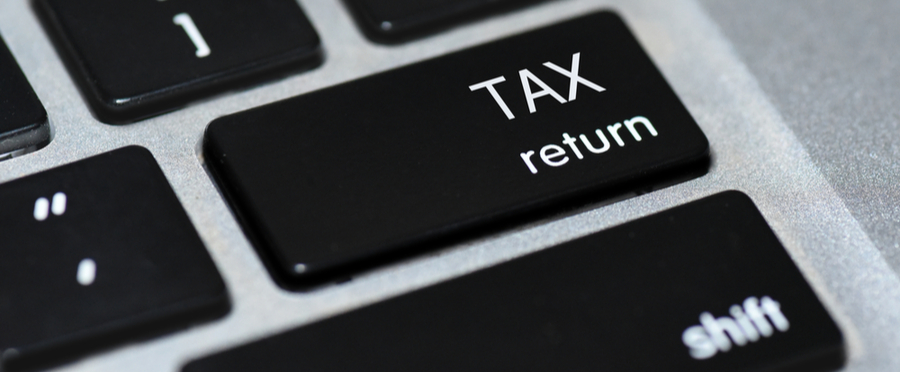
A lower personal income tax with immediate relief backdated to 1st July 2020. That’s a big tick for individuals. The changes to income tax brackets will help thousands more.
The personal tax relief initiatives announced in Budget 2020 were slated to come into effect in two years’ time but the Government has brought them forward to help stimulate the economy. And if you are in the low and middle-income tax level, the Low and Middle Income Tax Offset is extended for a further 12 months.
At the higher end of individual income levels, income tax brackets have expanded. If you earn between $45,001 to $120,000 per annum your taxable income rate is now 32.5%, while the 37% tax rate now applies to income levels between $120,000 to $180,000. The 45% tax threshold remains at $180,000. This widening of the middle-income tax thresholds will reduce the average rate of tax you pay.
Super funds are now being eyed off more closely by the Government, with performance measures (obligations) established to penalise underperforming funds that do not deliver the best outcomes for members.
Employees will be assisted to find the best superannuation funds with the Government’s new superannuation comparison tool.
This comes from a realisation that most Aussies – especially younger people that can’t touch it for decades – are disengaged with their super. It is thought that if it more visible we may get greater engagement. Good idea.
However, it’s not easy to compare fund performance and the interpretation put around the data is critical. For example, a higher return may simply reflect a higher tolerance for risk – who will explain that to those who may not know?
Coupled with the super fund comparison tool, the Government will link employees to their super fund, making it more portable when changes of employment occur. With a jobs-led recovery the cornerstone of the budget, it is likely a lot of employees will need to keep their super with them as they move from under-employed into new roles. This will apply particularly to 18-35 year-olds, where there are new incentives in place for employers to hire them. (Read our highlights for SME’s summary from 2020 Budget here).
10,000 hopeful first homeowners get support through the ongoing First Home Loan Deposit scheme, which allows first home buyers to secure a house with as little as 5% deposit with the usual mortgage insurance guarantee being covered by the initiative.
This is a very Australian thing – the great Australian dream and all that. Good for first homeowners, provided it doesn’t encourage down a path they can’t sustain.
If you are an aged pensioner, there are two additional $250 payments being made These are payable in November and January.
Every little bit helps but honestly, when your super has been smashed through falling share prices, reduced dividends and low rates of interest, it feels like a drop in the ocean.
A focus on home care means 23,000 more can get home care packages, avoiding reliance on Australia’s questionable aged care services.
This health crisis is finally seeing the light of day after being ignored for decades.
A CGT exemption on granny flats will no doubt see a boom in backyard granny flats being installed. Many fitted out with desks, WiFi, laptops and water coolers as the majority of Australians are likely to continue to work from home, at least a few days a week. This is one freedom that COVID-19 has thrust upon corporate Australia, which many businesses were too meek to adopt before they were pushed into it.
The Government is banking on the circular economy, where stimulus payments and tax cuts are spent, then re-spent, continuing to stimulate the economy through a multiplier effect.
Looking at previous recessions, or close ones, it has been seen as the best way forward. Getting people spending money on sheds, solar panels, utes, granny flats etc is all well and good.
The COVID-19 economic downturn has seen thousands of people out of work or surviving on JobSeeker, JobKeeper and the myriad of government measures implemented in 2020. Thousands of small businesses have closed, the travel industry is belly-up and shattered musicians and performers can’t even get gigs in hospitality these days.
Is there a chance that there won’t be the spending the Government is expecting? Families may well be banking “just-in-case” funds? Will high-income earners, who enjoy the highest benefits of tax cuts, spend their extra income? Just how confident will consumers be?


